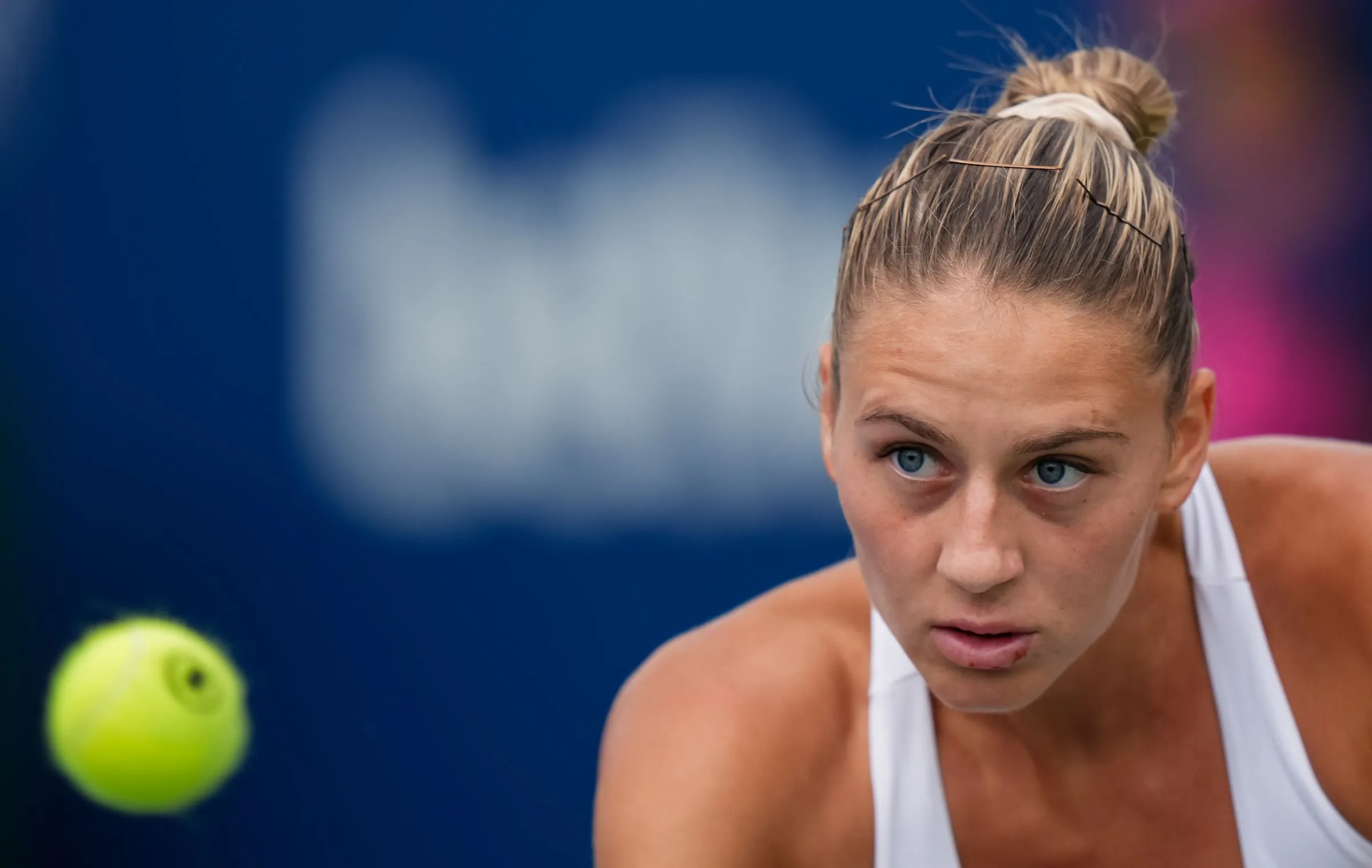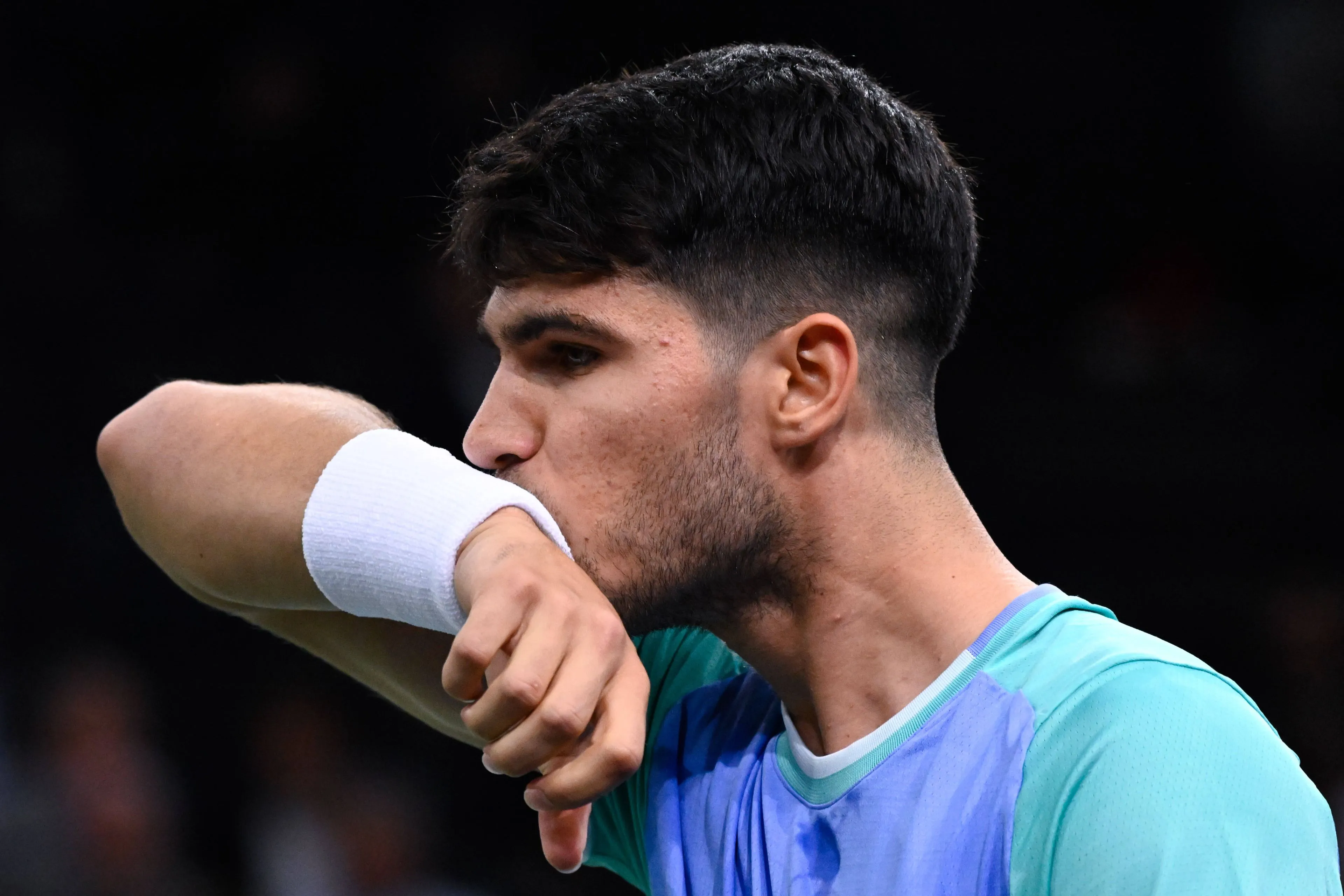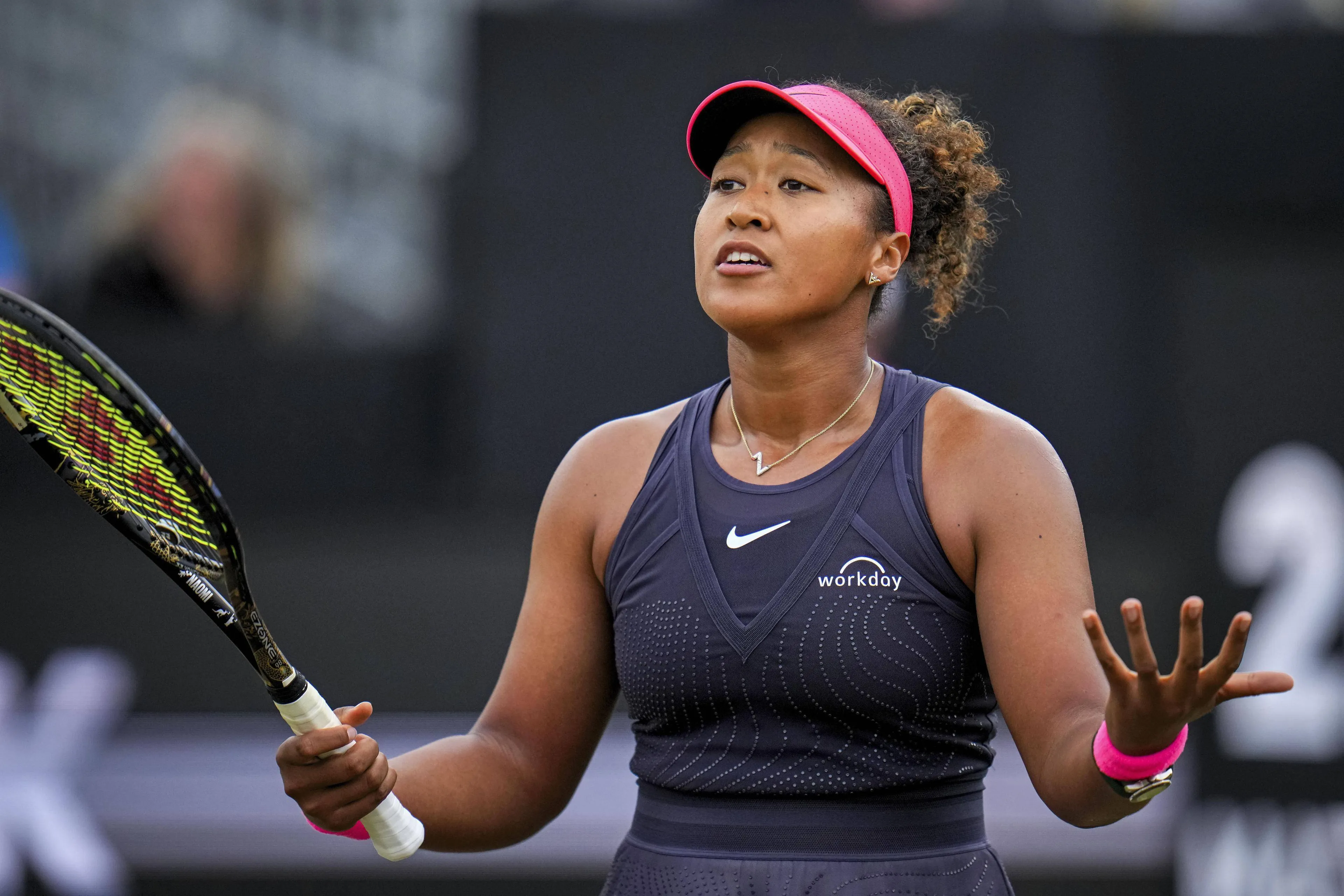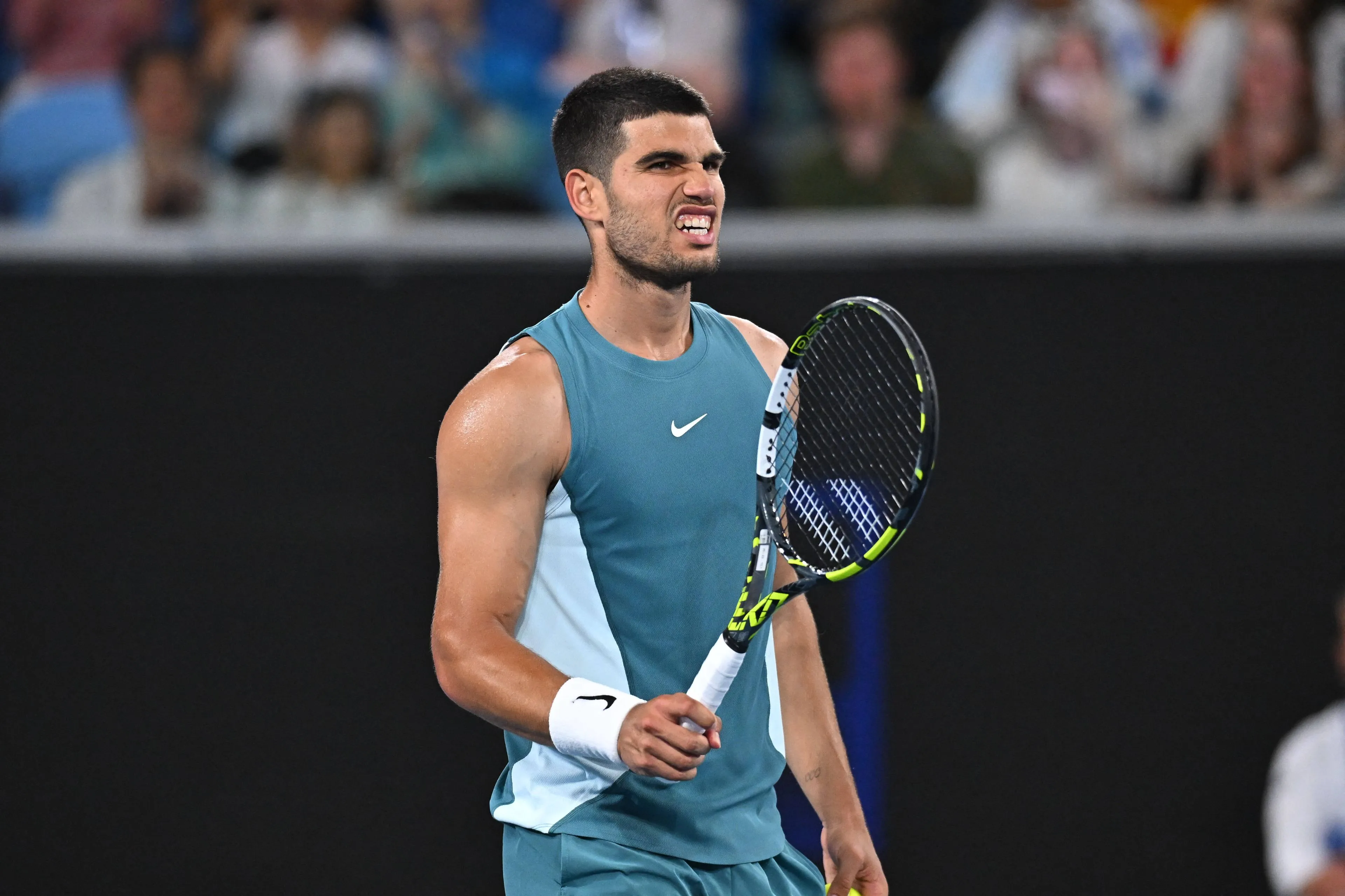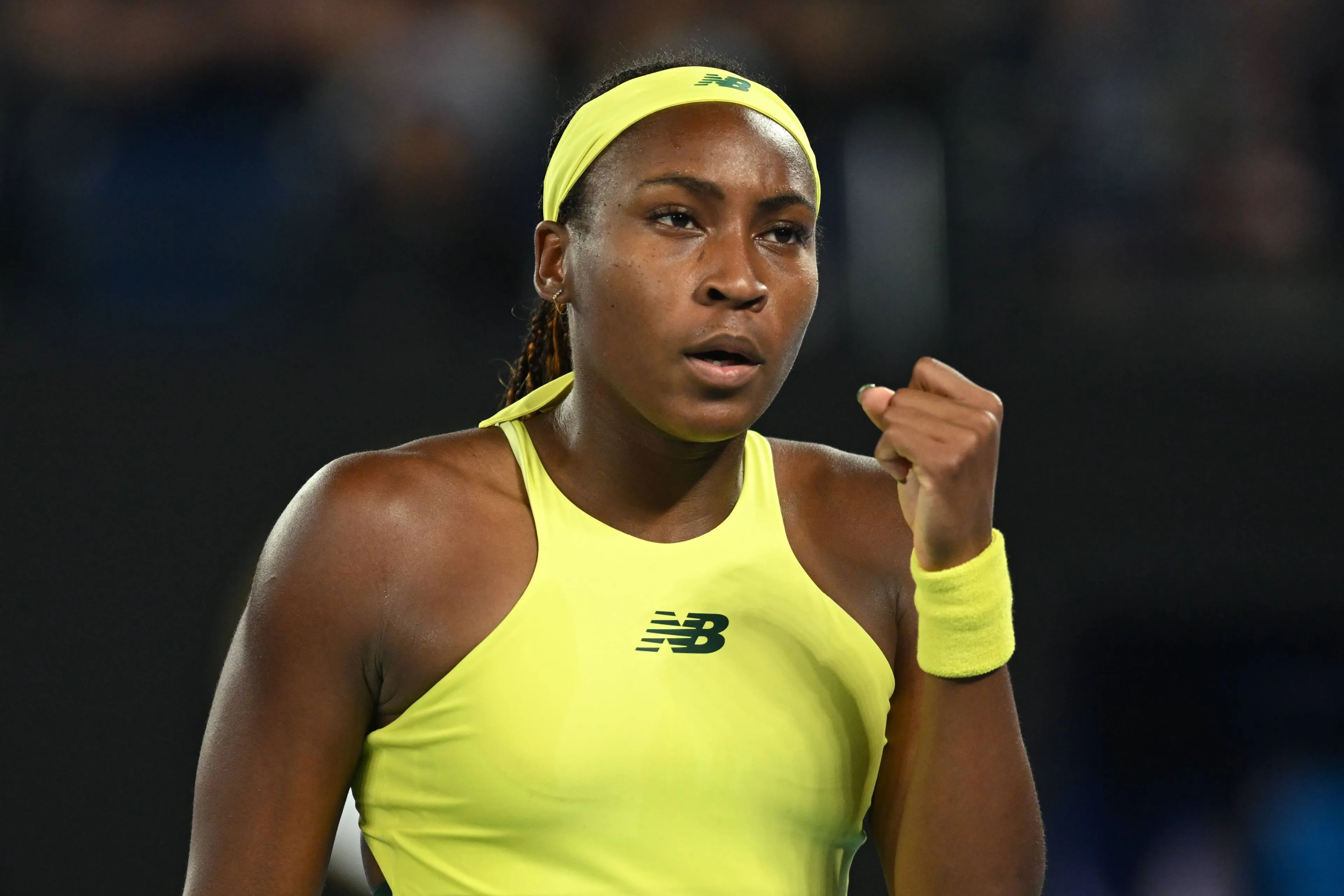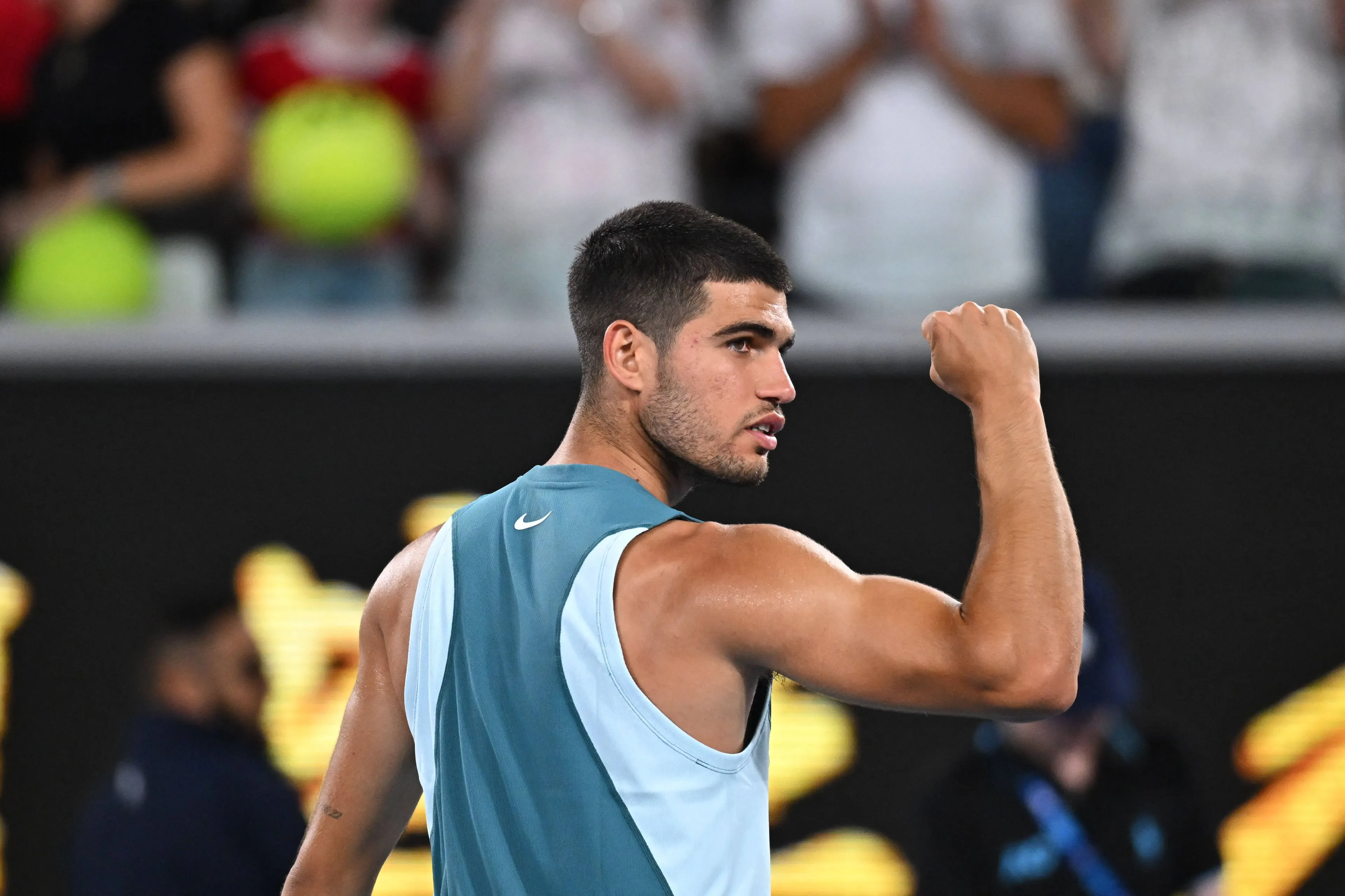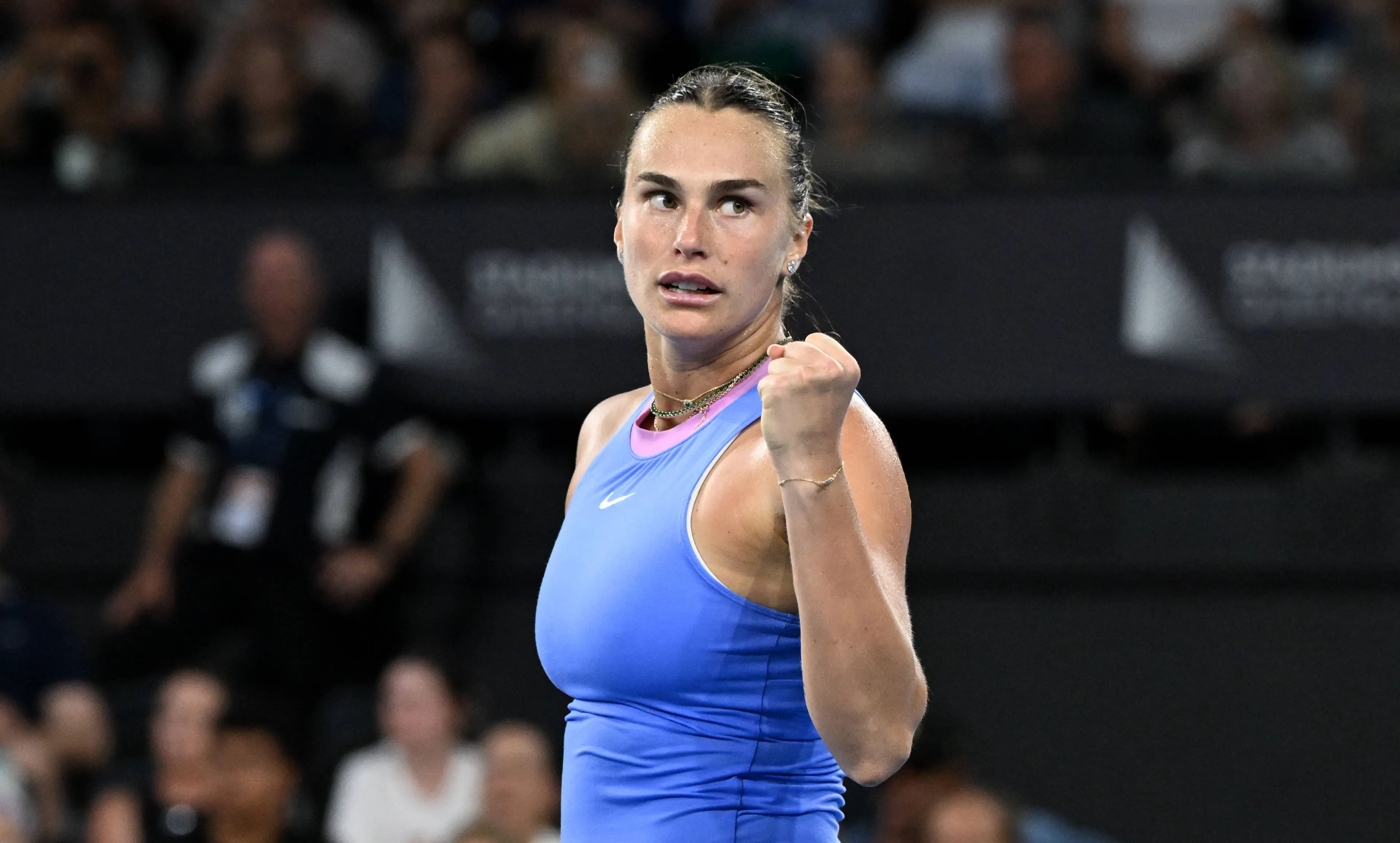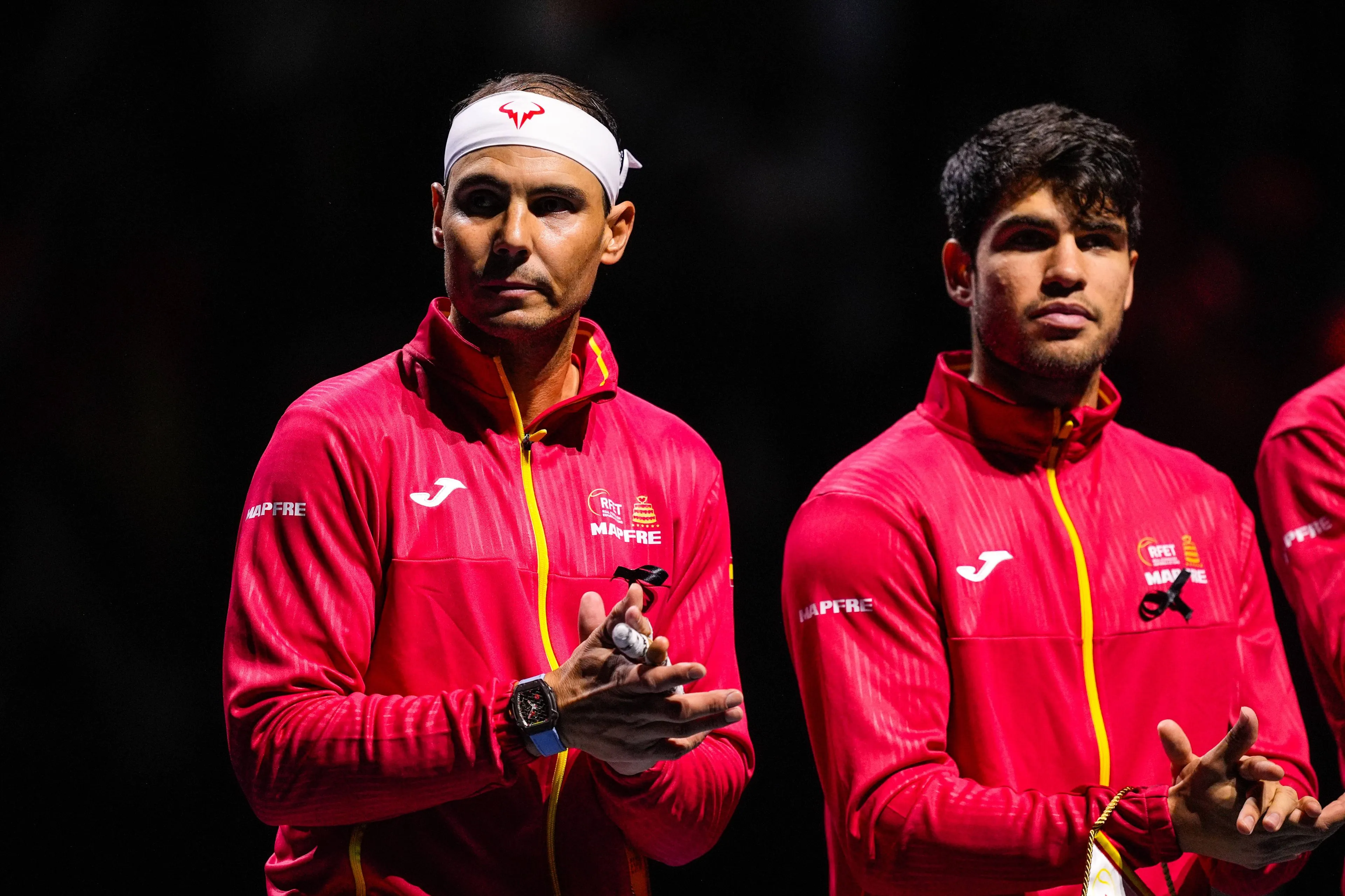Sinner 'Hopes People Understand Why They Let Him Keep Playing' During Doping Saga
ATP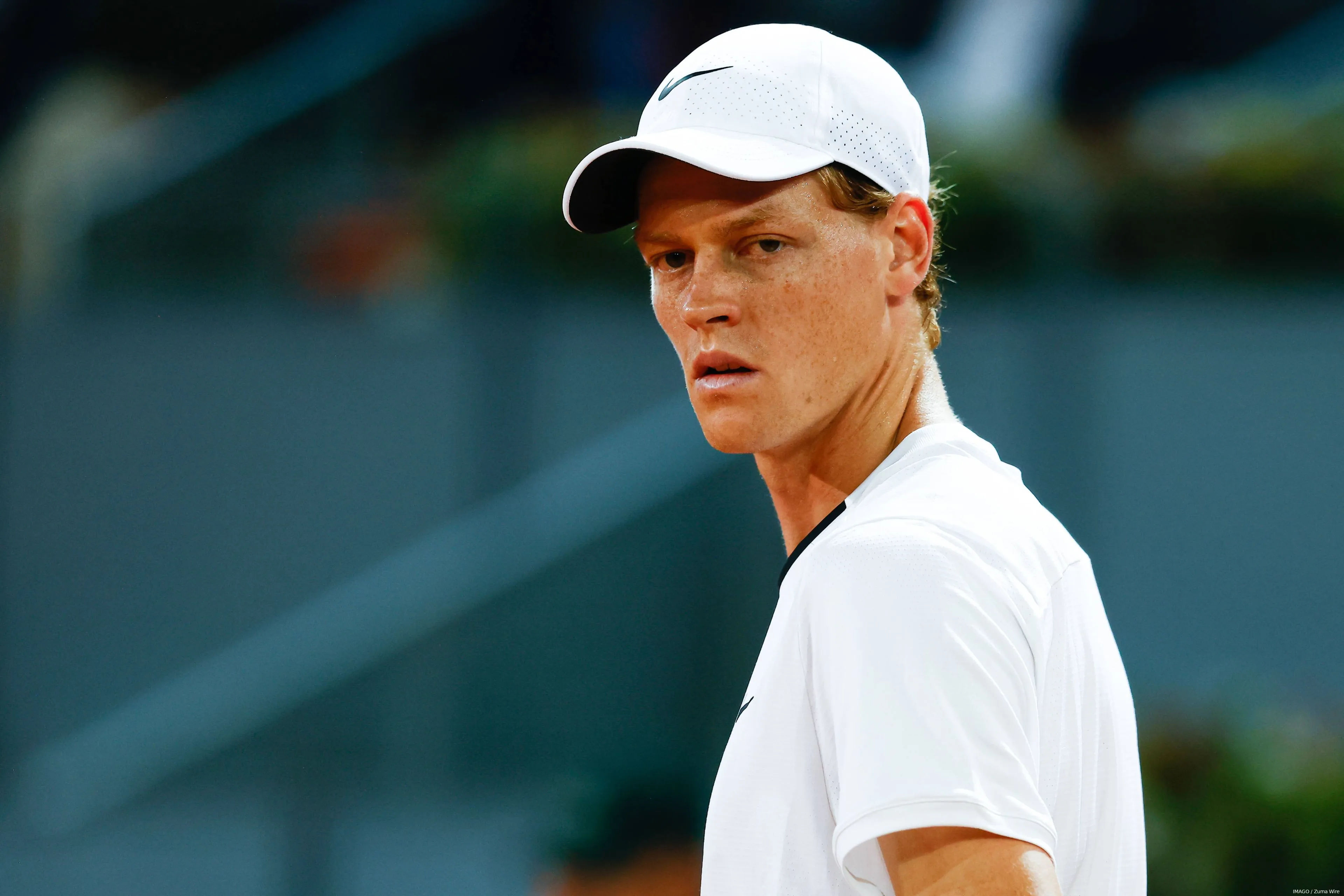
Jannik Sinner hopes that fans and others will understand why he was permitted to compete during his doping saga, which seems to be the most controversial aspect of it.
The Italian is enduring some of the most challenging moments of his tennis career. While his tennis hasn't suffered that much, his reputation, in the eyes of some, has. He just won the Cincinnati Open, but it's not in the spotlight.
Nobody talks about his chances at the US Open, even though they're great. Everybody is talking about his doping saga, and for good reason. While Sinner tested positive for a banned substance back in March, the public only found out recently.
All the information came out after Sinner was cleared of any wrongdoing. While it might be procedurally correct, plenty, including his colleagues from the ATP Tour, were left stunned by how that was handled.
Sinner was permitted to compete, which caused most people to question because players are generally not. He was only allowed to compete because his appeal was found to be highly probable, and in an interview with the ESPN, he stated that he would be happy if people could understand that.
"Obviously, being where I am, I have the ability to take qualified people. Obviously, if this happens to a different player, it's going to be different, but again, I was treated like everyone else."
"The reason why I kept playing, because we knew exactly how it (clostebol) had entered my system and where this clostebol was from, no? And it was in the spray (used by the physio)."
Sinner has a fair point because, most of the time, it's difficult to track a substance's origin. It can take a long time before a player can do that, and in Sinner's case, it was almost instantly.
The amount found was also extremely minor, so it wouldn't be enough to really enhance his performance, according to experts. As Andy Roddick jokingly put it, it would have been the worst doping attempt of all time if it was truly intentional.
The explanation and all the evidence available pointed heavily to accidental contamination, so he was allowed to compete. It's still controversial, but Sinner pointed out that it was a long process and that there was no special treatment.
"So, all things considered, I haven't had a different treatment. The process was very long and after it went with an even bigger wait towards the end, because when you feel like, 'okay, the result is coming', you still don't know what's coming out, but it was not an easy period for me, so I'm happy."
This story will likely continue to loom over Sinner for the duration of the US Open, possibly even further. If he wins the event, there will be even more chatter about it, but that's just the nature of the situation.
He was cleared of any wrongdoing, and that's what history will remember unless he will be embroiled in another controversy.
"It has been a very tough time. It has been a doubtful time. I'm happy that this finally is over, so a lot of weight from my shoulders is gone. I wish none of the players have to go through this. I also hope that people understand why they let me keep playing and why I got the no fault."


